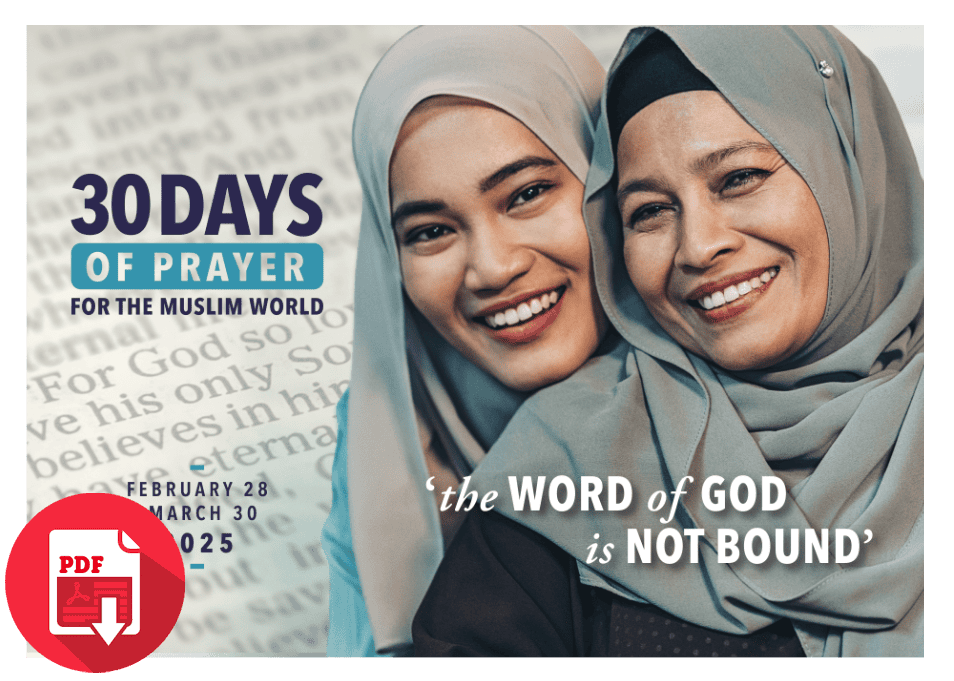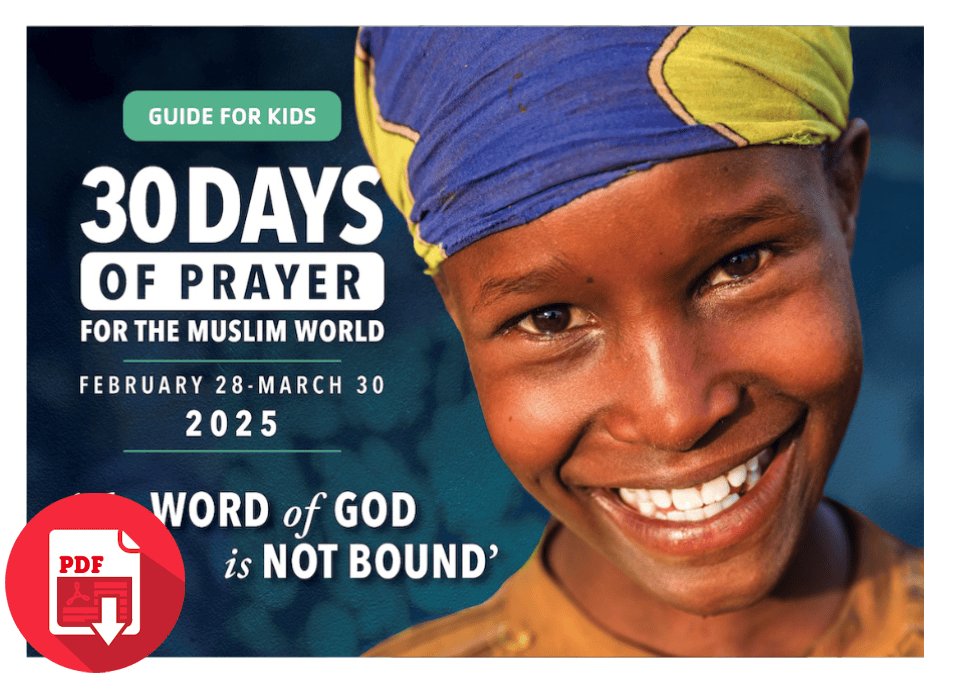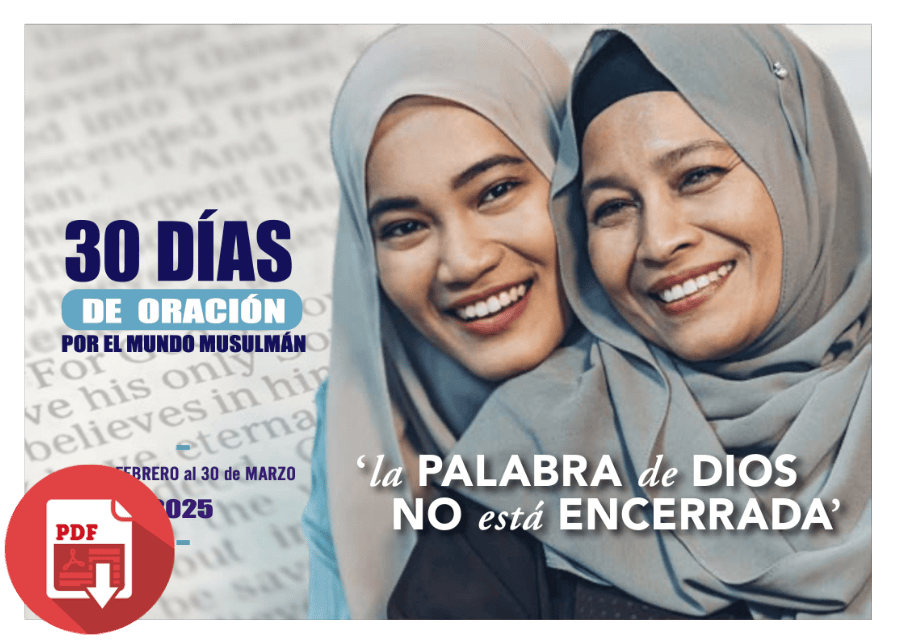 The West has been made painfully aware that Muslim nations are in conflict with the world at large. At the forefront are the hostilities between Muslim ethnic groups and their surrounding Christian neighbours. Eighteen years of ethnic and religious conflict in Sudan have left 2 million dead. Tensions are high in other nations, such as Nigeria and Indonesia, and have escalated into violence.
The West has been made painfully aware that Muslim nations are in conflict with the world at large. At the forefront are the hostilities between Muslim ethnic groups and their surrounding Christian neighbours. Eighteen years of ethnic and religious conflict in Sudan have left 2 million dead. Tensions are high in other nations, such as Nigeria and Indonesia, and have escalated into violence.
One look beyond Muslim / Christian tensions reveals another level: conflicts within Muslim nations and people groups. Kurds versus Turks, Arabs, and Iranians; Berbers versus Arab Moroccans, Algerians, and Tunisians.
In the Middle East, society is fragmented. There are vast and often irreconcilable differences between city dwellers, villagers and nomadic tribes. Middle-Eastern society might seem a cohesive block of shared ideologies, lifestyles, religions, and attitudes, but that is far from reality. Conflicts in Arab society are frequent and require a means for resolution.
Reconciliation or Sulha
A structure for resolving conflict has existed in the Arab culture for centuries called Sulha. In the harsh environments of the desert, a beautiful pearl of reconciliation was forged. At the heart of Arab society, conflict resolution has been practised for centuries in the form of the sulha (settlement). Even before Islam, sulha came about as a means for settling disputes in the absence of a legal system. Musalaha (reconciliation) is reached in the step-by-step process of sulha, practised by both Muslim and Christian Arabs. According to Islamic law (sharia), “the purpose of the Sulha is to end conflict and hostility among the Muslims so that they may conduct their relationships in peace and amity.” In Jordan sulha is integrated in the judicial system; in Lebanon and the Palestinian areas it is not, yet it is widely practised.
Forgiveness
Given the severity of living conditions in the desert, competing tribes long ago realized that sulha is a better alternative to endless cycles of vengeance. Each tribe initiates the process of taking stock of its losses in human and material terms. Tradition has it that stringent conditions are set, to settle the tribal conflict definitively. The process is built on relationships, and forgiveness is required, but the penalties can be severe. One main condition is that the parties in conflict pledge to forget everything that has happened and to initiate new and friendly relations. The ritual process of sulha usually ends in a public ceremony of musalaha performed in the village square.
Musalaha might be a sought-after key to unlocking the Muslim mind for the Gospel. The Muslim understanding of reconciliation is a powerful illustration of what Christ did for humanity on the cross. As our sin separates us from God, He could demand justice from us: the wages of sin is death, and our death is the rightful sulha (settlement). Instead, Jesus is God’s provision of that sulha and we can live because in our place Jesus redeems humanity, and restores our relationship with the Father.
Prayer Points
* Pray that the ministers of the Gospel know how to use the keys to Islamic culture to unlock the hearts of those captured by bitterness and hate.
* Pray also for the West, that xenophobia will vanish and instead forgiveness, love, compassion and grace will flow through the hearts of those who believe in Christ the Saviour, especially to those from a Muslim background.
* Pray especially for those from a Muslim background who do not yet believe in Jesus as their “sulha” to the Father.
* Pray that the believers from a Muslim background will share the good news of Jesus to all their next of kin and their friends, to the glory of God our Father.




we are working with Pukhtoon communities in Pakistan and Afghanistan and other countries through Jirga and Modern restorative justice system.I am interested to devlop linkages with your organization to bring further peace and hormony to our commnuities back home and Western world.
How awesome to know that when God made a blood covenant with Abraham, he knew then he would come down and be our sulha